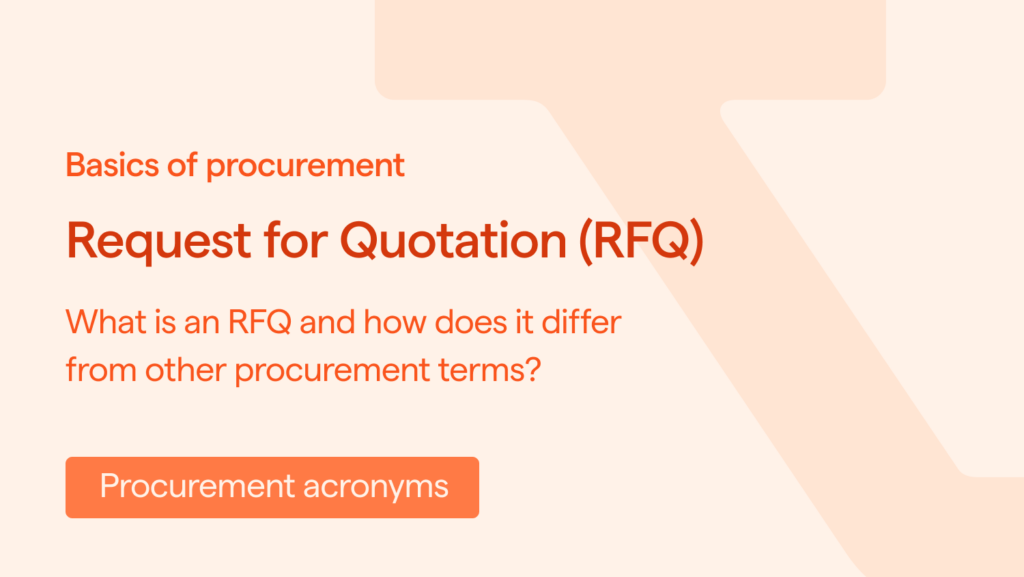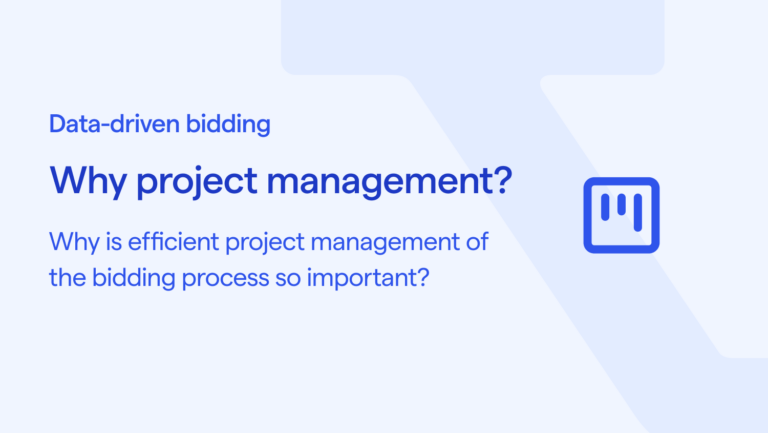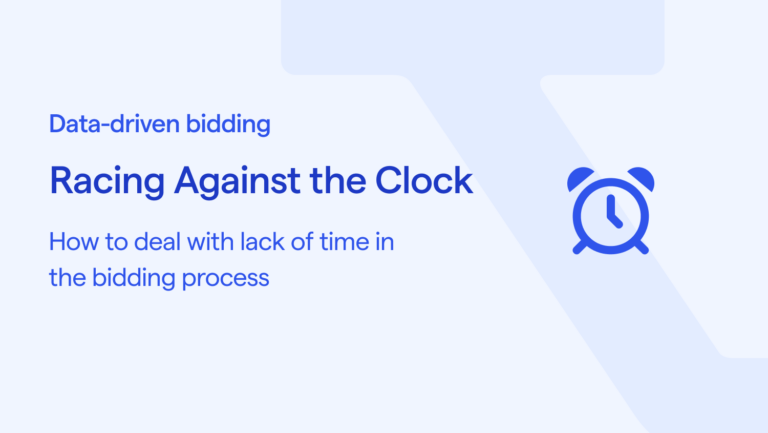There is an abundance of terms and abbreviations in the world of procurement. Request For Quotation is one of them, or RFQ for short. But what does it mean, and how does it relate to other procurement terms? In this article, we’ll get to the bottom of what an RFQ actually is.
An Introduction to Request for Quotation
A Request for Quotation (RFQ) is a formal request for price quotes or bids from potential suppliers or vendors for specific products or services. RFQs are commonly used for relatively straightforward procurements where the scope of work, technical specifications, and other requirements are well-defined and don’t require extensive negotiation or detailed proposals.
In comparison to other tender processes, an RFQ tends to be smaller in scope and is more often focused on obtaining goods or services at a good price. There is less expectation on the supplier to present novel and innovative solutions, since what’s being procured usually has a lower degree of complexity.
RFQ compared to RFP, RFI and ITT
How does an RFQ compare to other similar procurement terms? While they have much in common, some distinct differences are good to be aware of.
Below, we take a look at RFQs in comparison to; Request for Proposals (RPFs) and Invitation To Tenders (ITT) – which might also called Invitation To Bid (ITB) and Invitation For Bids (IFB).
An important caveat
Do note that in the vast world of procurement, buyers themselves are not always experts. As such, you might find that RFQs, RFPs, ITTs, and other processes are used and communicated interchangeably. An RFQ can also, depending on what is to be procured, request more creativity – and an RFP can equally be slimmed down and more rigid in its request.
Moreover, different terms are used in different ways in different markets. So while it’s good to have a broad understanding of the meaning of these terms, it’s also important to be aware that the use of them will vary.
Nature of the procurement
RFQ: An RFQ is typically used for smaller procurements where the buyer has well-defined requirements and is primarily interested in obtaining price quotations from potential suppliers. Emphasis is more often on competitive pricing and the ability to meet specified technical or quality requirements.
RFP: An RFP is more commonly used when the project or procurement requires complex solutions or services. It seeks detailed proposals from suppliers, often including technical solutions, project plans, and pricing. RFPs are used when a buyer needs to evaluate multiple aspects beyond just price, which might include expertise, innovation, and approach.
ITT: An ITT is used for procurements with a clear and well-defined scope, with similarly defined specifications and requirements. The buyer often knows exactly what they need. Although often well-defined an ITT tends to be more complex and has a larger scope than an RFQ. Yet at the same time, it is often focused on obtaining a good price.
Evaluation criteria
RFQ: RFQs typically place a strong emphasis on price and compliance with technical specifications. The evaluation criteria are often straightforward, with competitive pricing regularly being the primary consideration, given that a bid is compliant with the request.
RFP: RFPs involve a more comprehensive evaluation process. While price is a factor, other criteria such as technical expertise, project approach, past performance, and innovation are often also considered. Suppliers are evaluated based on a combination of these factors.
ITT: ITTs are, much like RFQs, commonly focused on price. The lowest-priced bid while remaining compliant is usually awarded the contract. There is generally less room for negotiation or consideration of factors beyond price.
Supplier response
RFQ: Suppliers responding to an RFQ typically provide price quotations and demonstrate their ability to meet the specified technical or quality requirements.
RFP: Suppliers responding to an RFP are required to submit detailed proposals that might include technical solutions, methodologies, project plans, and often a combination of technical and project price proposals.
ITT: Suppliers responding to an ITT typically provide price quotations and demonstrate their ability to meet the specified technical or quality requirements.
Complexity and flexibility
RFQ: RFQs are relatively straightforward and are used for procurements with clear and well-defined requirements. They offer less flexibility for suppliers to propose alternative solutions.
RFP: RFPs are more complex, but can at times allow for flexible approaches. Suppliers may be able to propose innovative solutions and approaches that might better meet a buyer’s needs.
ITT: ITTs are often more rigid yet might have a higher degree of complexity than an RFQ, for instance, due to the procurement being larger in scope. An ITT primarily considers price and base-level compliance.
Find interesting RFQs (and other procurements) faster with Tendium
Do you want to locate and qualify interesting and relevant RFQs and other procurements efficiently? Are you seeking to simplify and streamline your overall bidding processes and increase efficiency? Give Tendium’s bidding platform a try! With automated summaries and smart workflows, our platform is improving procurement at each step.







